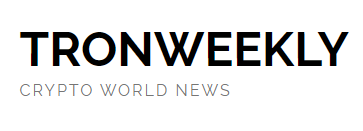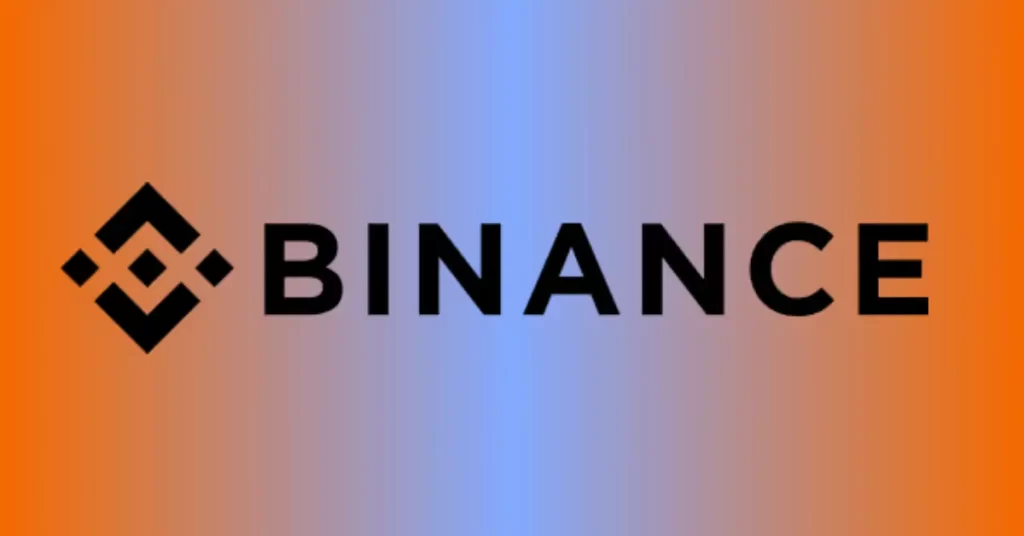You are here: Home / News / Portugal’s BiG Blocks Crypto Transfers Amid EU AML and CTF Pressure

January 10, 2025 by Sheila
- Portugal’s BiG blocks crypto transfers citing AML compliance and ECB guidance risks.
- BiG halts fiat to crypto transactions amid tightening AML and CTF regulations in EU.
- AML rules prompt Portugal’s BiG to restrict crypto transactions to certain platforms.
Banco de Investimentos Globais (BiG), one of the largest banks in Portugal, has added a new restriction for customers on fiat transfers to digital assets platforms. This action, enumerated in a post by José Maria Macedo, the founder of Delphi Ventures, impacts transactions to crypto firms such as Payward Ireland Ltd. BiG’s decision follows the adoption of a directive to adhere to its regulatory anti-money laundering (AML) and counter-terrorism financing (CTF) requirements.
One of the largest Portuguese banks BIG is now blocking transfers to crypto exchanges, citing ECB guidance about "risks associated to virtual assets"🤦
Crypto is inevitable, banks are dead, and these abuses of power will only redpill more ppl into moving their wealth on-chain pic.twitter.com/QFTfWCcKdz
Compliance with Regulatory Obligations
The decision by the bank to block transfers that it regards as being linked to digital assets was made after noting several directions from key European regulatory authorities such as the European Central Bank (ECB), the European Banking Authority (EBA), and the Bank of Portugal. BiG emphasized compliance with AML and CTF regulations as a major turn in Portugal’s approach to digital assets. According to the bank, this is part of its comprehensive risk management system that includes observing and, if required, declining transactions involving virtual asset platforms.
In its notice, BiG also stressed that it remains committed to conducting diligence in compliance with the set policies. This change suggests that digital assets transactions will be cautiously approached, as BiG says it will proactively search for any risks related to virtual asset trading. This decision is part of the growing regulation of digital assets in Europe.
Portugal’s Changing Stance on Cryptocurrency
Portugal was one of the most popular countries adopted for Cryptocurrency investors because of its favorable tax policies. However, its approach has shifted in recent years. Despite having previously adopted a relatively liberal approach to cryptocurrency, the country imposed a 28% tax on capital gains on cryptocurrencies held for the short term in 2023. While long-term digital assets holdings continue to be free of taxation, the new policy is a clear sign of growing regulation within the country.
This move by BiG is considered a significant development since the bank is the first Portuguese financial institution to prevent fiat currency from being actively transferred to digital assets exchanges. While other entities, including Caixa Geral de Depósitos, continue to operate such services, BiG’s move shows the evolving environment of cryptos activities in Portugal.
European Regulatory Trends and Future Implications
The decision to limit the buying of digital assets is a trend witnessed across Europe, where the country’s regulatory authorities are increasingly observing digital assets. The adoption of the Markets in Crypto-Assets Regulation (MiCA) by the European Union is an effort towards the standardization of businesses within the digital assets market. However, the level of adoption and regulatory approach to crypto differ depending on each state in the EU.
France, the Czech Republic, and Switzerland have been the most friendly to crypto related services with some of the countries even hatching policies in a bid to incorporate cryptocurrencies into their economy. Meanwhile, BiG’s decision put Portugal in more restrictive position rather than these nations. With the EU increasing pressure on the industry, it remains to be seen how the rest of the banks in Portugal will adapt to the increasing scrutiny on the digital assets industry.

 6 hours ago
17
6 hours ago
17









 English (US) ·
English (US) ·